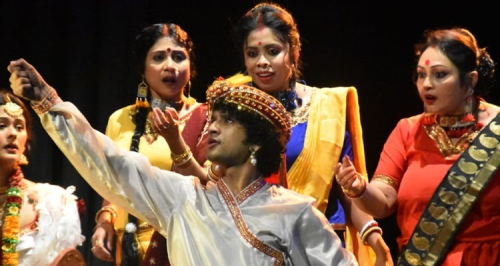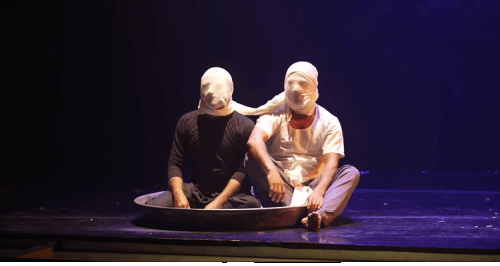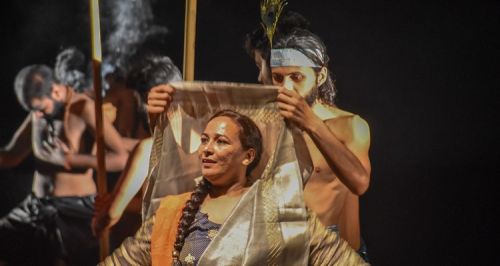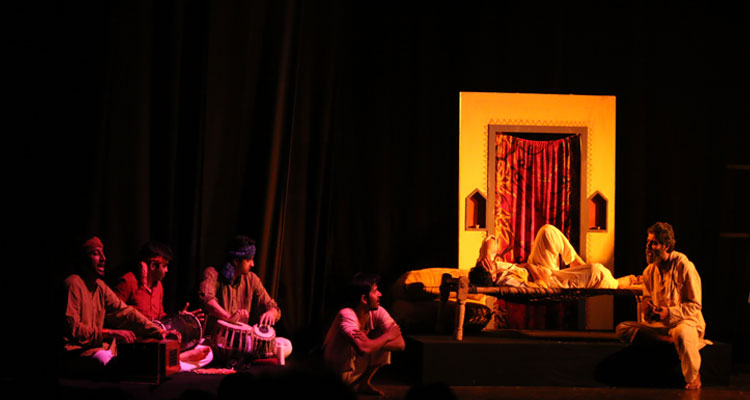Lassanwala: Strong Flavours and Tasteful Writing
The dish that was served at the opening night of the Mahindra Excellence in Theatre Awards was nothing short of a delicacy. Written by Vidit Tripathi, directed by Hemant Pandey and produced by the Apna Manch Drama Company, Lassanwala is delightful and moving.
The dramedy, explores an array of human emotions that are a result of the test of tragedy. Each character in the play is used as an effective tool to address the various issues that humans face while maintaining delicate relationships and at the same time conforming to societal and religious norms. It taps into the reality of how our religion becomes such an integral part of our beliefs that it sometimes starts framing the lens that we use to look at other human beings.
It explores the naïveté and innocence of believing in everything that we are taught to believe in. How we start to believe that we need to do more, be more and acquire material things to feel happier and nourish our lives. It also explores the courage that is required to sometimes unlearn everything you believe to be true and experience life as it has been given to us.
The story is so very well written that the basic wonder and question about various ‘regular’ situations in life hits the right notes. The comic timing of every light moment, balances the dark realities that are portrayed. The fact that the play is based loosely on the director’s memories of his childhood spent in the outskirts of Bareilly, which are painted in wonderful strokes by the writer, comes across in the reality of each scene and makes every moment seem rather natural.
The crew and unit function in harmony which reflects in the chemistry shared by the actors as well as the musicians on stage. The actors of Lassanwala take such ownership of their characters that you cannot help but give your complete and undivided attention to them. The western folk music of Uttar Pradesh that is an integral part of this production, adds to the brilliance of this play that you should definitely experience, at least once.
By Ankita Dasgupta





Leave a reply